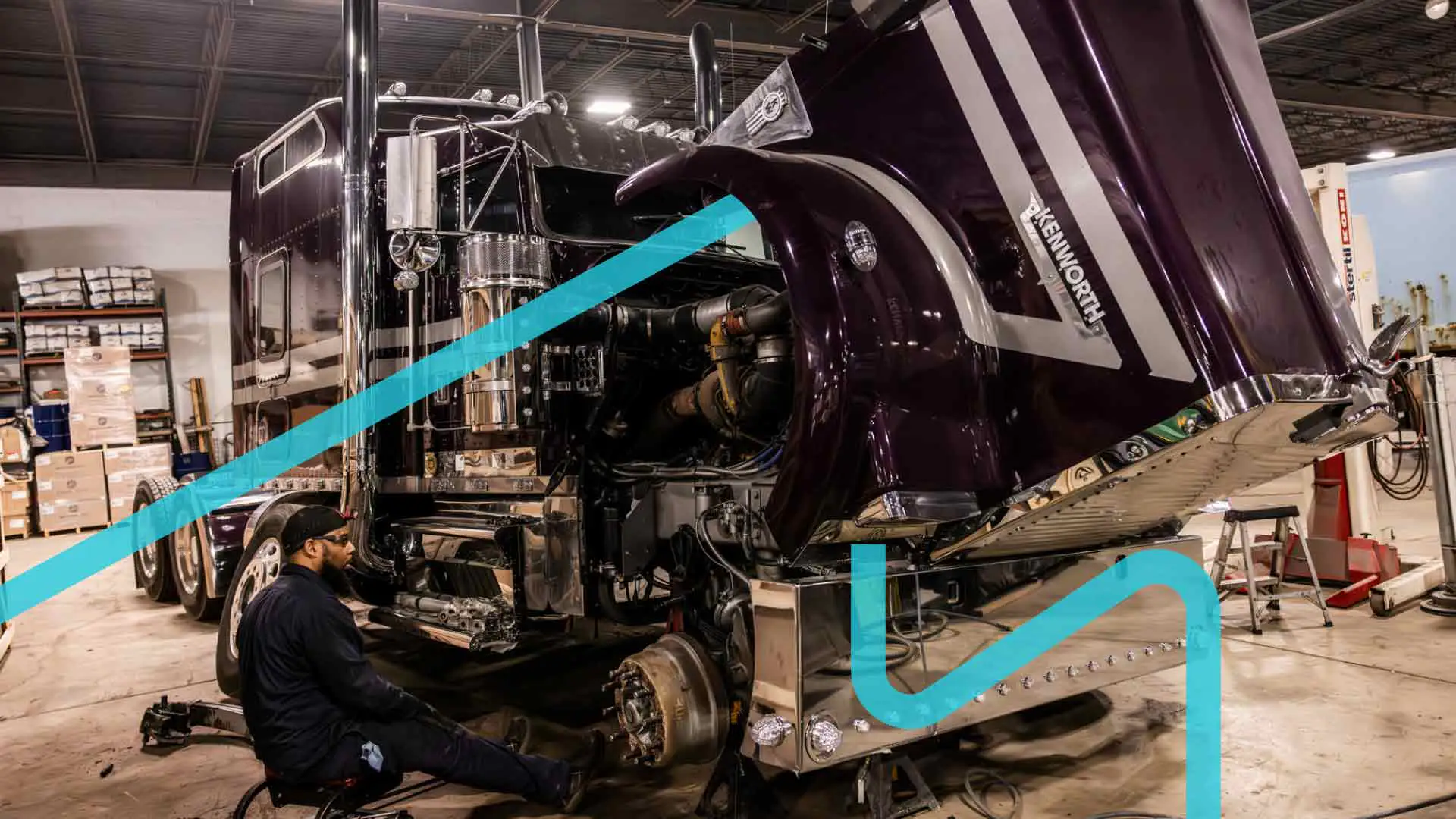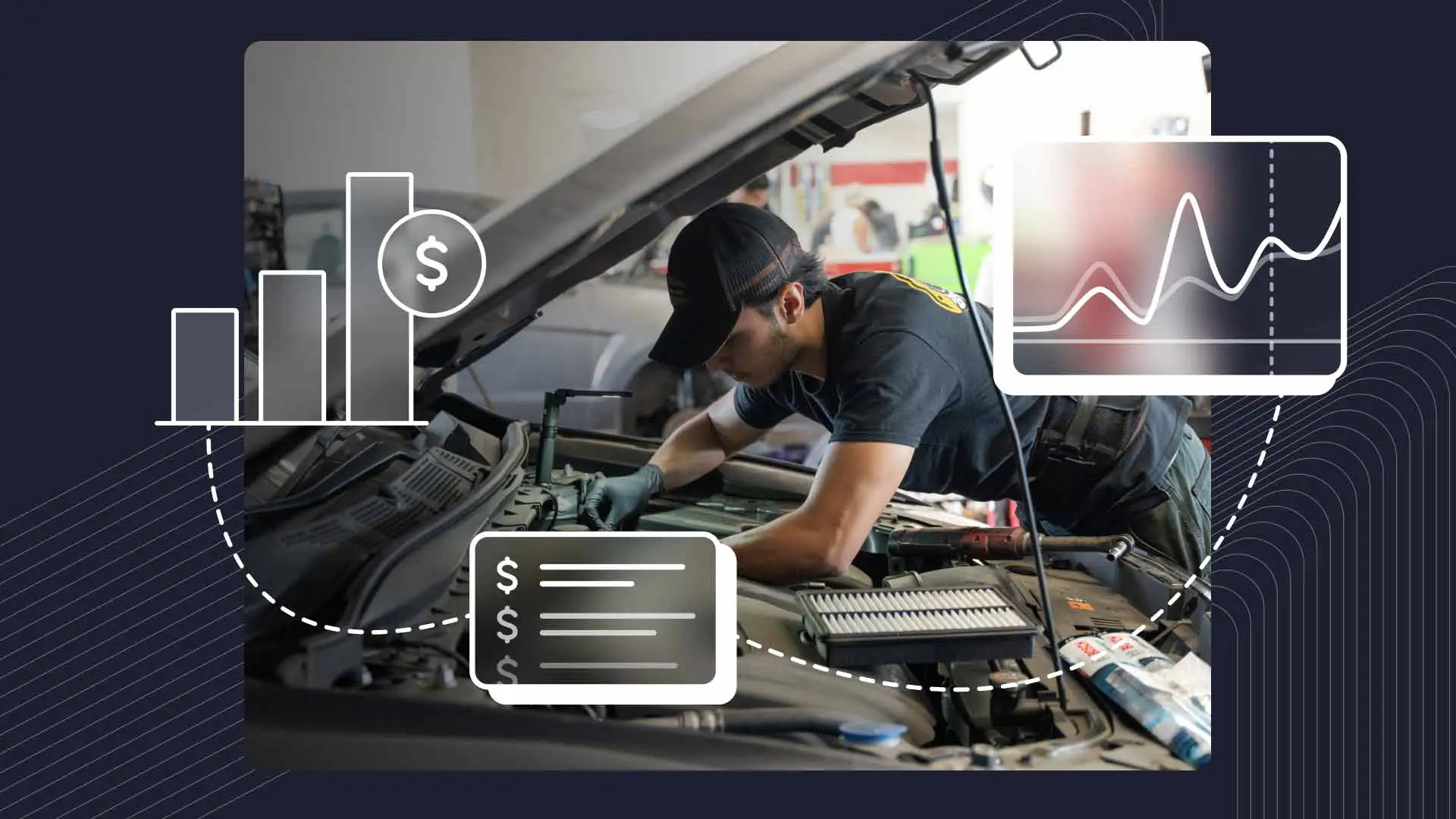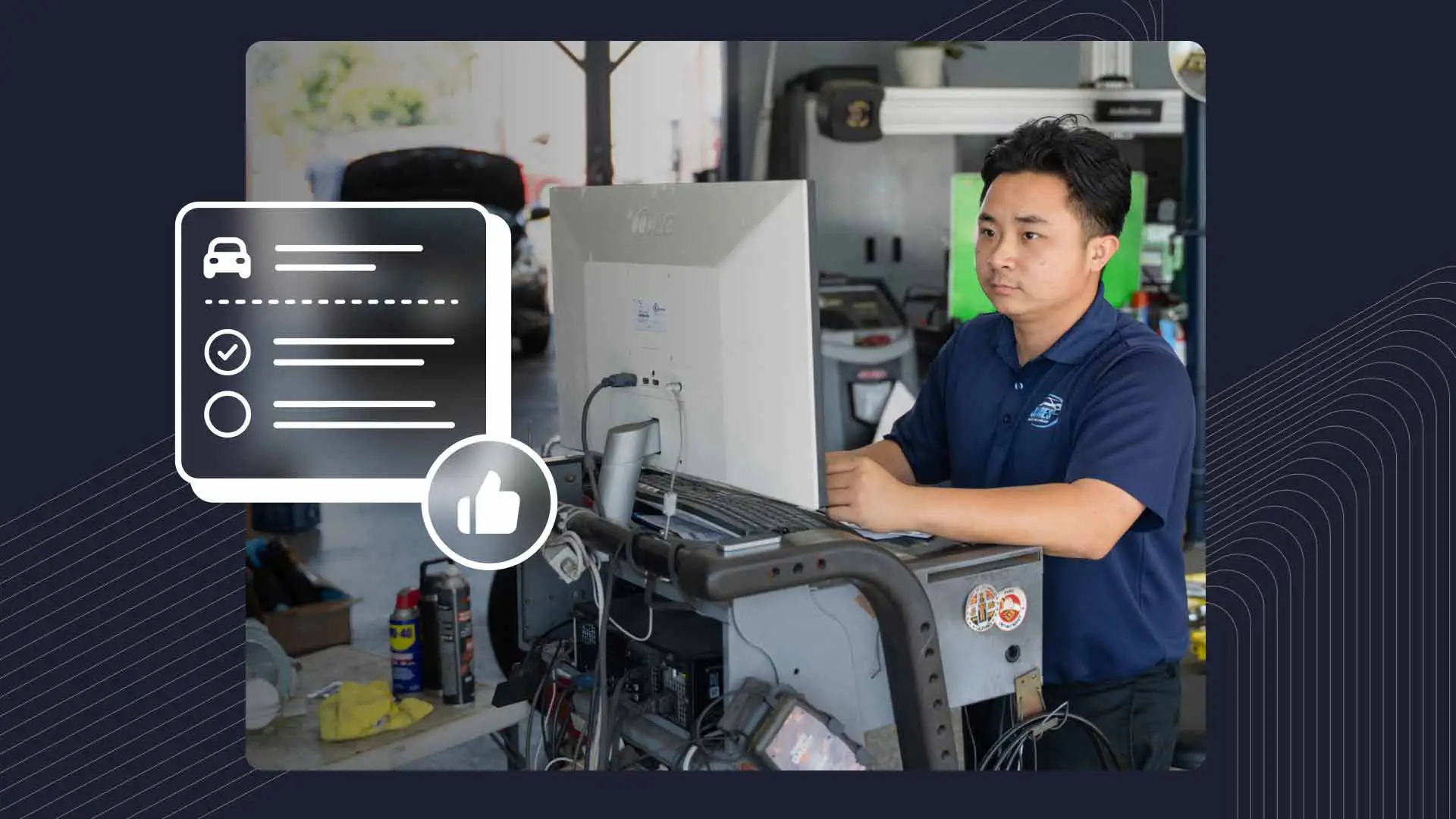Diesel engines are modern marvels. Their high compression ratios generate immense torque, and they’re built to withstand extreme stress in unforgiving conditions.
At the same time, these powerplants offer practical advantages that reduce their service needs. Diesel fuel's higher density delivers more power per gallon and better engine lubrication compared to gasoline. Diesel engines also run at lower RPMs, reducing wear, and feature advanced cooling systems to handle combustion heat. They have simpler electrical systems than gas engines, too.
But just because they require less frequent maintenance, that doesn’t make their care any less important. From oil analysis to emissions compliance, there are several key areas to consider when it comes to keeping diesel engines in tip-top shape.
Oil Analysis & Your Engine’s Health
Oil is the lifeblood of any engine, and regular oil analysis helps reveal potential issues early on. The key is to establish a consistent oil sampling schedule. How often depends on the type of engine, its operating conditions, and the manufacturer’s recommendations. For example, oil in commercial or heavy-duty engines should be analyzed every 250-500 hours of service; for passenger vehicles, it’s recommended every 7,500-10,000 miles.
Along with frequency, it’s important to monitor certain parameters in oil analysis, including viscosity, acid number, fuel dilution, and metal content. Viscosity relates to engine protection, while the acid number can indicate oxidation or contamination. High metal content could signal abnormal wear, and fuel dilution points to injector or combustion issues.
Oil analysis reports include valuable data; the trick is knowing how to interpret the information in these reports. For instance, a sudden increase in metal content could mean excessive engine wear, while diluted fuel might suggest injector issues. If contamination is the problem, replace the oil and look for the source–a faulty filter, leaks, etc. Any oil issues should be addressed ASAP.
Preventative measures, like using quality oil and keeping air filters clean, can also extend the engine’s lifespan.
Troubleshooting ECMs
The Electronic Control Module (ECM) is the brain of a modern diesel engine. It controls a number of important functions, from fuel delivery to managing exhaust emissions, keeping the engine running smoothly and efficiently. This device also collects various sensor data, which can be unlocked with advanced diagnostic tools and software, allowing you to read fault codes, monitor live engine feedback, and even make adjustments to the ECM.
Problems often stem from hardware failures, software glitches, or communication errors. For example, ECMs may have trouble communicating with other engine components, leading to lackluster performance or a total shutdown. Software updates, sensor malfunctions, and wiring issues are also commonplace.
Troubleshooting ECMs starts with reading fault codes and monitoring your sensor data. Make sure all the wiring connections are sound, check the fuel pressure, inspect the battery and alternator, and test the sensors to rule out any hardware issues. If it’s a software problem, the ECM may need to be updated or reprogrammed.
Preventing Fuel System Issues
An efficient fuel system keeps the engine running smoothly. Problems here can lead to poor performance, lousy fuel economy, and increased emissions. For starters, always use high-quality diesel fuel, since contaminants can wreak havoc on engine components. Pay close attention to the maintenance and replacement schedules for your fuel filters, too, including primary, secondary, and water separator filters.
Fuel injectors atomize fuel and send it into the combustion chamber, but over time they can develop leaks, or become clogged or worn out. Regular inspections and cleaning keeps them healthy, while replacing worn injectors restores fuel efficiency.
High-pressure fuel pumps, which deliver fuel to the injectors, can suffer from excess wear, leaks, and cavitation. Routine inspections and pressure tests will help detect and address fuel pump problems before they escalate.
Don’t Neglect Turbocharger Maintenance
As the diesel engine’s performance enhancer, turbochargers substantially increase torque output, especially at low RPMs. These parts force more air into the engine's cylinders, improving combustion efficiency and power delivery. Key components include the compressor, turbine, intercooler, and bearing system.
Turbochargers should be inspected regularly and checked for signs of damage, leaks, or excessive play. All parts of the turbocharger must be kept clean and well-lubricated to prevent premature wear. In fact, oil starvation is one of the leading causes of turbocharger failure, so in addition to choosing the right type and grade, make sure you’re changing your oil at the recommended intervals.
If you notice a dip in performance or hear unusual noises like whining, whistling, or grinding, check the turbocharger for damage or blockages. Other causes could be a plugged air filter, crankcase pressure, or a defective valve or piston ring.
Stay Ahead of Emissions Regulations
Diesel engine emissions are heavily regulated in order to prevent the release of harmful pollutants. For example, manufacturers must certify that their vehicles meet strict standards for NOx and particulate matter; non-compliance can bring stiff penalties.
Specialized diagnostic tools help identify emissions system issues like particulate filter clogs or selective catalytic reduction (SCR) system failures. Diesel engines use aftertreatment systems like diesel particulate filters (DPFs) and SCRs to cut down on harmful emissions. Keeping these systems in good working order–including regularly cleaning DPFs and monitoring SCR fluid levels–helps make sure engines don’t fail and/or fall out of compliance.
Emissions regulations are constantly updated, so you’ll want to keep track of the latest developments, as well as any technological advances in the industry, to stay ahead of the curve.
Topping Off Your Diesel To-Do List
Maintaining diesel engines is a complex job. But knowledge is power, and understanding the importance of oil analysis, ECMs, fuel system maintenance, turbocharger care, and emissions compliance will help keep these workhorses running efficiently. Remember, regular inspections and preventative maintenance are key to extending the life of your diesel engine.
Ready to take your diesel engine maintenance to the next level? Request a demo of Shopmonkey's best-in-class truck repair shop software and discover how to streamline your operations, improve customer service, and drive your business forward.




